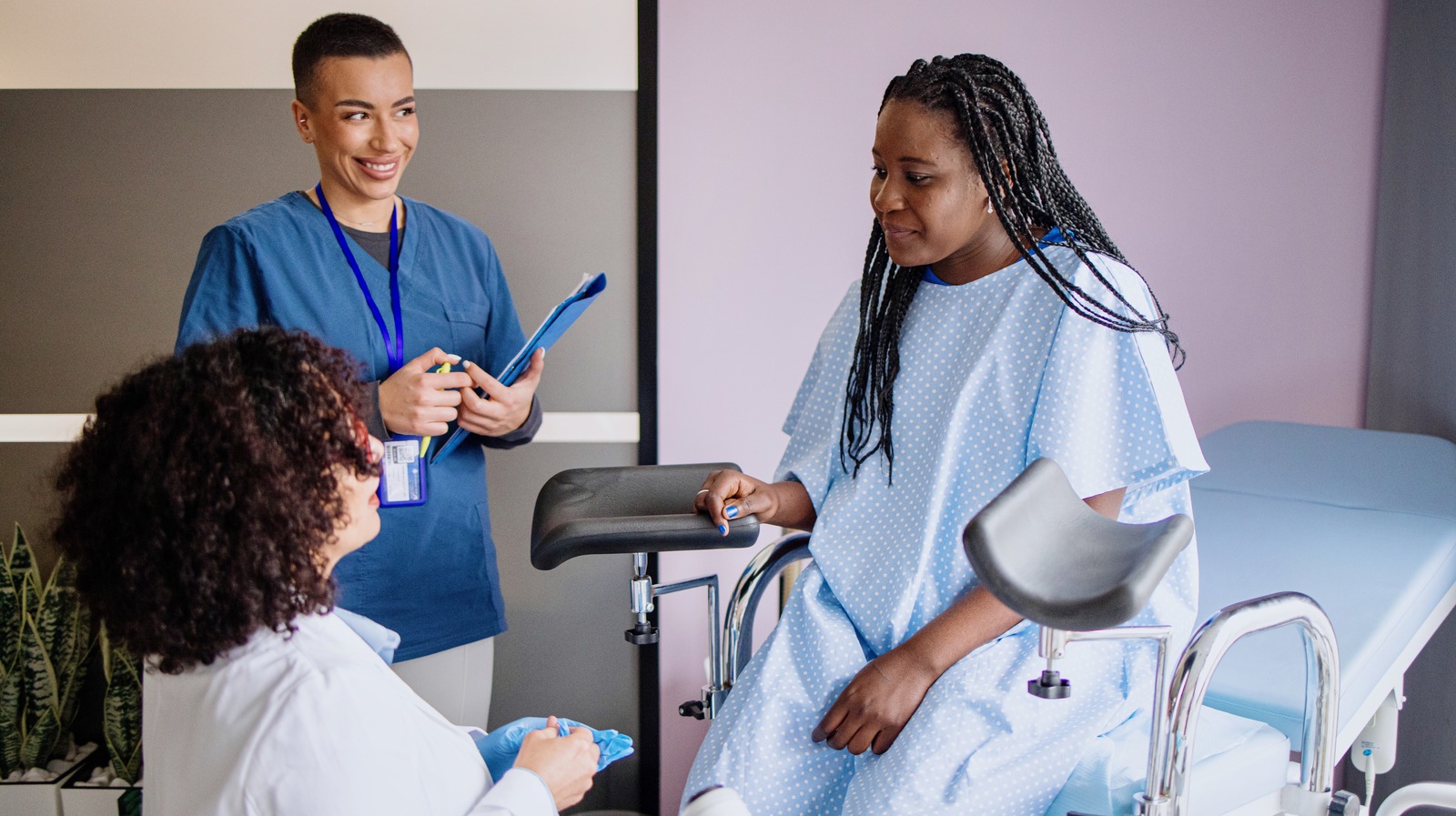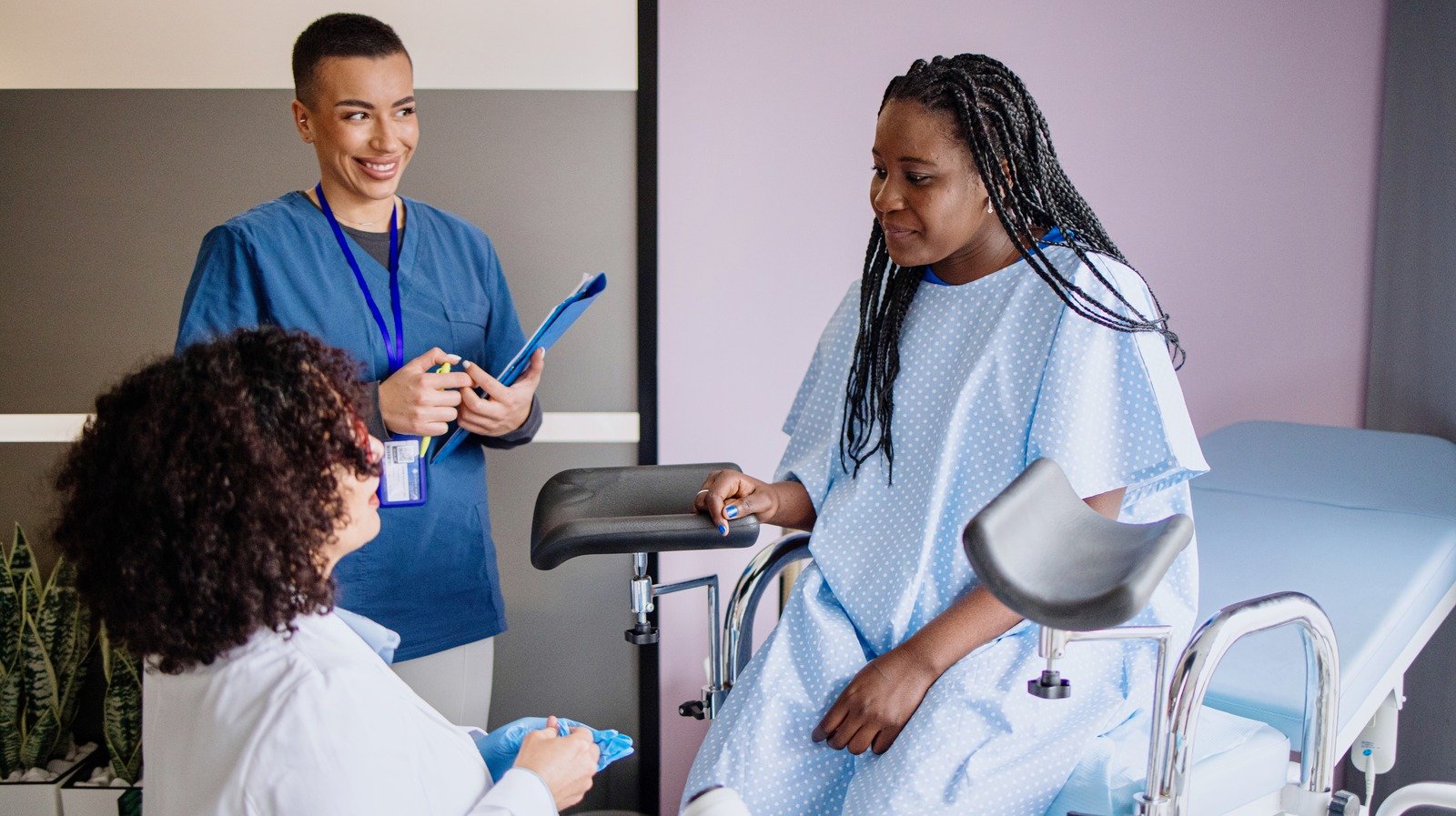[ad_1]

“When it is time for your procedure, you will enter the procedure room, where you will be asked to confirm your identity by an embryology staff member,” Dr. Leondires tells us. “Then the anesthesia provider will start your anesthetic medications shortly after this step, and you will be off to dreamland while your surgeon gets started. Many patients refer to this as ‘the best nap’ of their lives!”
“Once you are comfortably asleep, your doctor will place an ultrasound probe vaginally and look at your follicles on the monitor,” he says. “As soon as your follicles are in clear view, the doctor will advance a thin needle through your vaginal wall and into the egg-containing follicles (the follicle is similar to a small water balloon filled with fluid and a single egg),” he states. “The doctor will use a machine to apply gentle suction and drain the fluid from each follicle. This fluid is collected in a test tube, then carefully handed over to the embryologist who evaluates it under a microscope and counts any eggs that are collected.”
Dr. Leondires adds that short-term side effects following the procedure are not uncommon, primarily bloating and cramping. However, bloating should subside within a few days, and period-like cramps generally only last about 24 hours. He states that your physician will walk you through what’s involved in proper after-care.
[ad_2]
Source link
